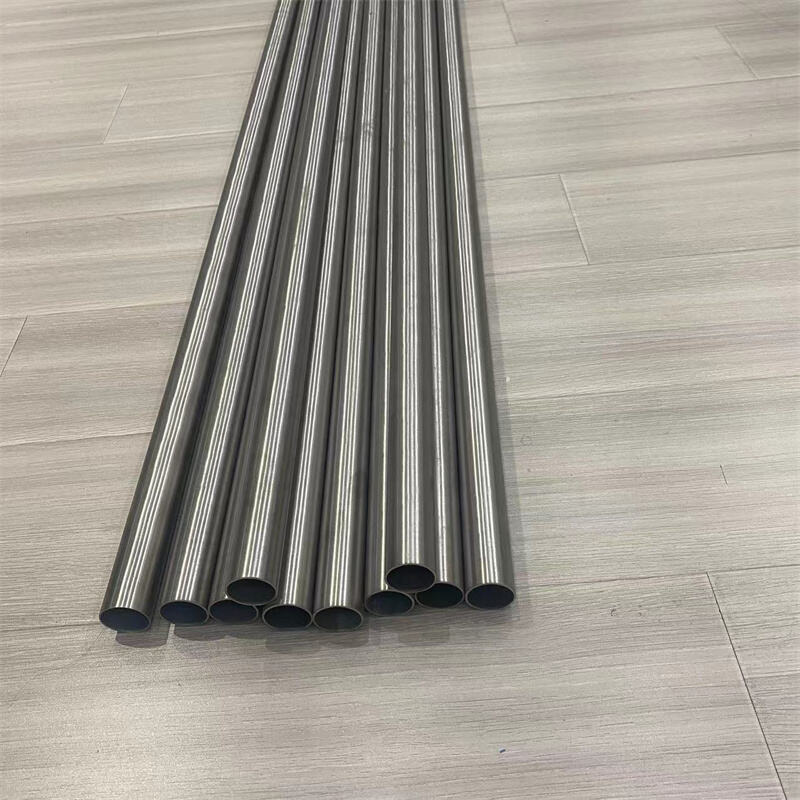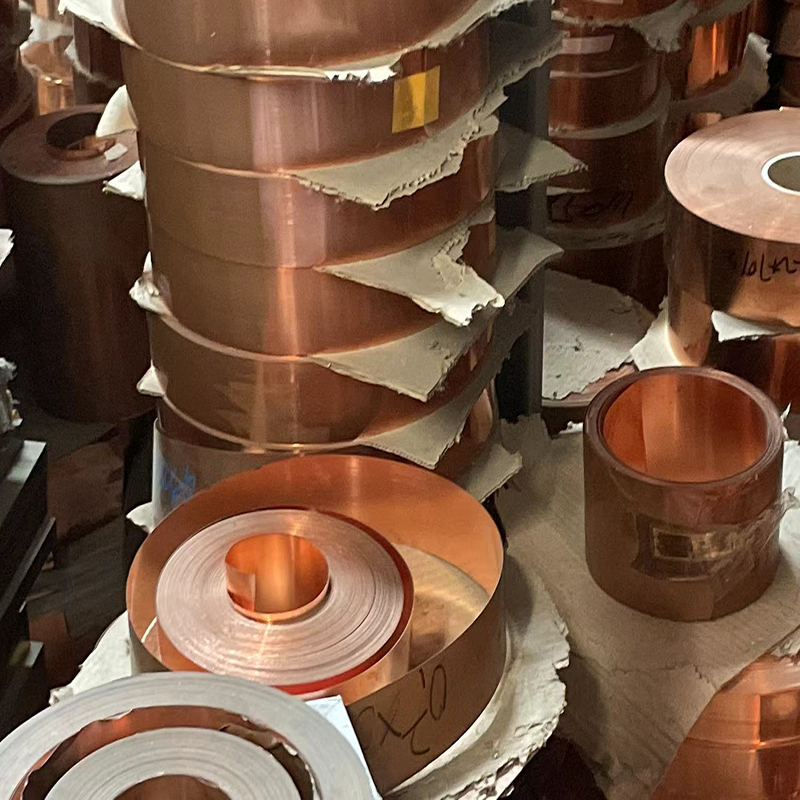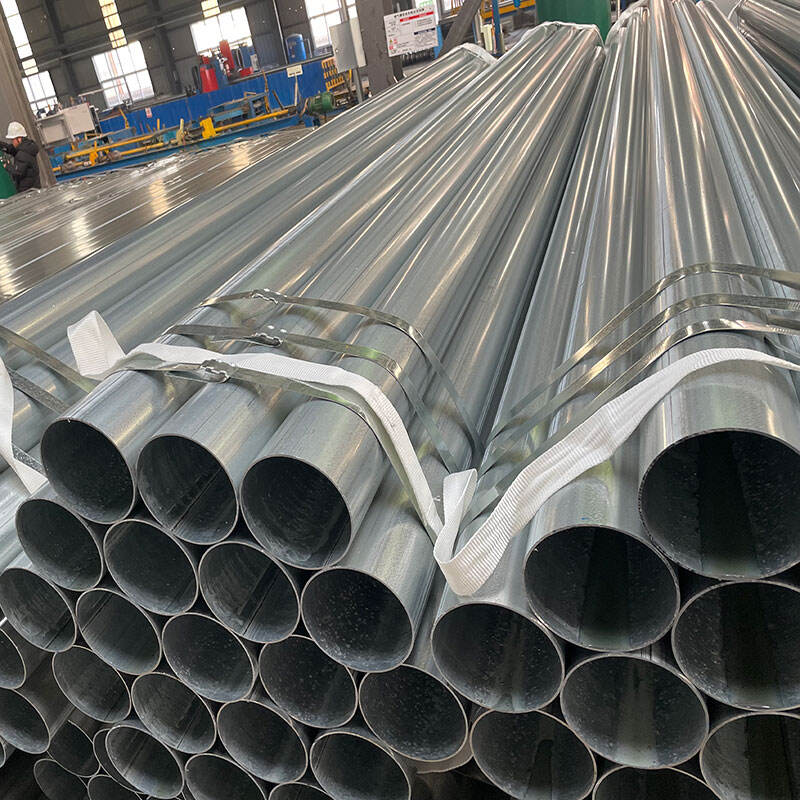316 stainless steel flat bar
316 stainless steel flat bar represents a premium grade austenitic stainless steel product that combines exceptional corrosion resistance with superior mechanical properties. This versatile material features a distinctive composition of chromium, nickel, and molybdenum, which creates an extraordinarily durable and reliable product suitable for demanding applications. The flat bar configuration offers convenient fabrication possibilities while maintaining structural integrity across various environmental conditions. Its resistance to chlorides and other harsh chemicals makes it particularly valuable in marine environments, chemical processing facilities, and pharmaceutical manufacturing. The material exhibits excellent formability and weldability, allowing for seamless integration into various structural applications. With a typical thickness range from 3mm to 50mm and widths up to 200mm, these flat bars provide flexibility in design and implementation. The addition of molybdenum enhances its pitting and crevice corrosion resistance, particularly in environments containing chlorides. The material maintains its strength and corrosion resistance at both cryogenic and elevated temperatures, making it suitable for a wide range of operating conditions. Its non-magnetic properties and low carbon content further contribute to its versatility in specialized applications.


